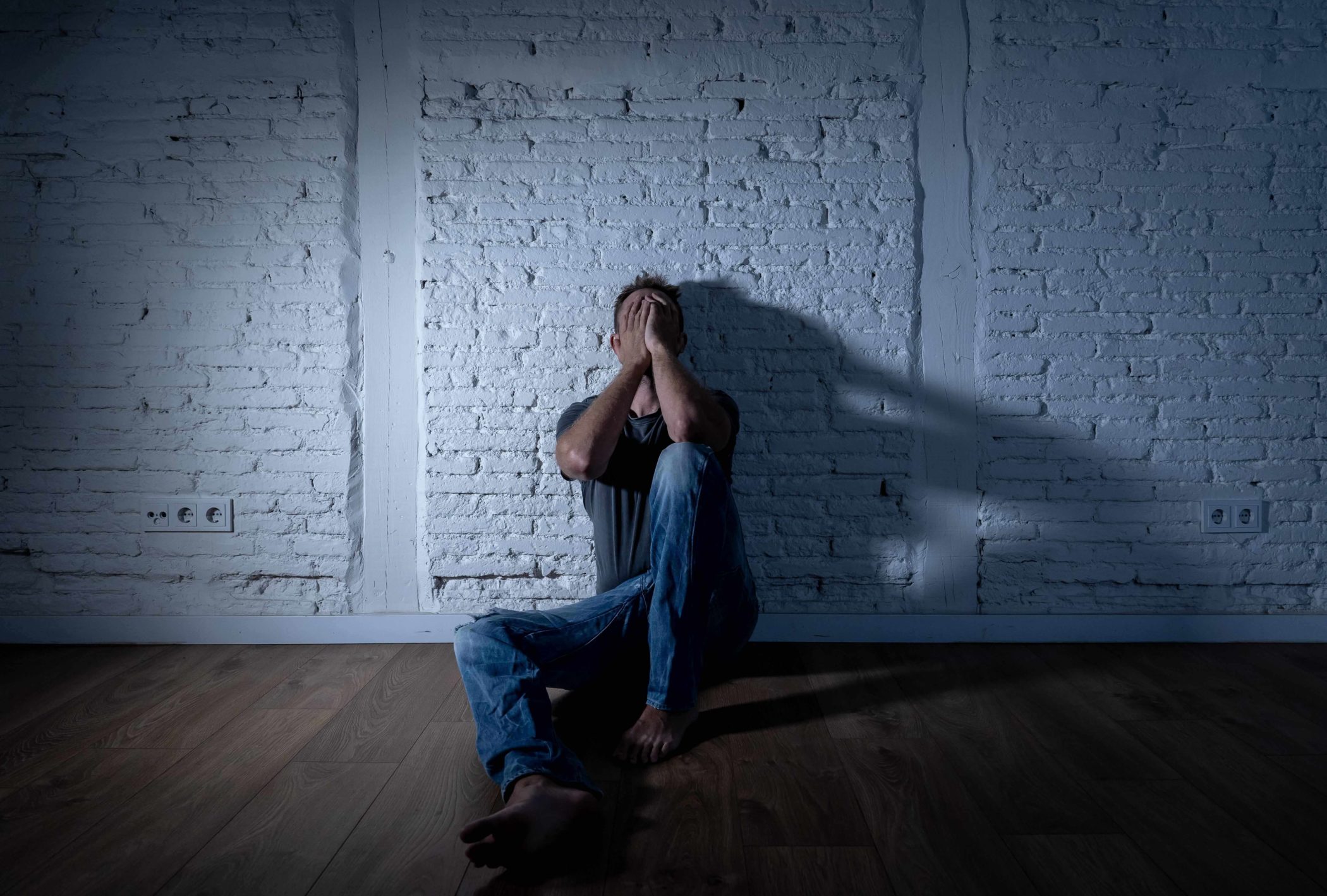Used in treating anxiety, insomnia, and seizures, benzodiazepines are the most commonly prescribed medicine in the U.S., according to WebMD. Benzodiazepines, or benzos, are sometimes referred to as tranquilizers. They depress the central nervous system to reduce anxiety levels, as well as cause temporary muscle relaxation and sedation. Common brands names for benzodiazepines are Valium, Xanax, and Klonopin. Currently, the FDA has approved 15 different types of benzodiazepines for sale in the U.S. While this type of medication can be very useful in the short term, these drugs can be addictive, and doctors do not recommend long-term usage.
Benzodiazepine Abuse
People commonly abuse benzodiazepines because of their temporary relaxing or euphoric effects. Different benzodiazepines stay active in the body for different lengths of time. Some, like triazolam (Halcion), are considered ultra-short acting, while others, like alprazolam (Xanax) or lorazepam (Ativan), are considered short-acting. Still others, such as diazepam (Valium) and clonazepam (Klonopin), are considered long-acting.
Users typically tolerate normal doses of these drugs well, but in higher amounts, benzodiazepines can cause series side effects, including:
- Drowsiness
- Confusion
- Dizziness
- Blurred vision
- Weakness
- Slurred speech
- Lack of coordination
- Difficulty breathing
- Coma
When benzodiazepines are misused, they can trigger many of the symptoms they are intended to prevent, such as sleeplessness and anxiety. It is also possible to become addicted to benzodiazepines. Potential signs of benzo abuse include:
- Weakness
- Blurred vision
- Drowsiness
- Poor judgment
- Doctor shopping
- Asking friends, family, colleagues or classmates for their benzodiazepine pills
- Wanting to cut back on the volume of abuse but not being able to do so
- Mood changes
- Risk-taking behaviors, such as driving after abusing benzodiazepines
- Combining benzodiazepines with alcohol or other drugs
Withdrawing from this type of drug can be dangerous without the guidance of a health care professional.
Benzodiazepine Withdrawal Symptoms and Timeline
There are many factors that influence a person’s potential withdrawal symptoms from benzodiazepines. They include:
- the individual’s current dosage
- how long the individual has taken the drugs
- whether the person is taking more than one benzodiazepine at a time
- whether the person is taking other sedating drugs
- if the person has any other substance use issues
- if the individual is quitting more than one substance at a time
Another factor is the type of benzodiazepine that an individual is taking, including whether the drug is short-acting or long-acting. Short-acting benzos can result in withdrawal symptoms appearing in as little as eight to 12 hours because of how quickly these versions leave the body. Long-acting benzos may take several days to fully leave the body, delaying the onset of any withdrawal symptoms. Potential withdrawal symptoms that an individual might experience after taking benzodiazepines include:
- Anxiety
- Insomnia
- Irritability
- Restlessness
- Hand tremors
- Muscle spasms
- Headache
- Sweating
- Racing pulse
- Hyperventilation
- Nausea or vomiting
- Aches and pains
- Panic attacks
- Hypersensitivity to stimuli like light and touch
- Abnormal bodily sensations (skin-crawling, goosebumps)
- Depression
- Problems with concentration and memory
- Visual disturbances (flashes of light or blurred vision)
- Auditory, tactile, or visual hallucinations
- Feelings of unreality
- Delirium
- Grand mal seizures
The American Psychiatric Association (APA) notes that withdrawal symptoms from short-acting versions of the drug will typically be worse on the second day of withdrawal and people will begin to notice an improvement in their symptoms by the fourth or fifth day. It is possible that some people may experience symptoms that last for several weeks, and it’s estimated that anywhere from 10 to 25% of chronic benzodiazepine users may have withdrawal symptoms that last for several months. This is commonly referred to as protracted withdrawal.
How to Cope with Benzo Withdrawal
Anyone taking any type of benzodiazepine should check with their health care provider before stopping the drug use. The best plan of action is for the individual to talk to their doctor about tapering their dosage. A doctor will create a plan for the person based on the type of benzodiazepine they are taking, their dosage, and other factors that will reduce potential withdrawal symptoms. It is possible to experience withdrawal symptoms during a gradual tapering off, but the individual’s doctor may be able to provide solutions if these symptoms become a problem.
Individuals may want to consider other strategies to help manage any potential withdrawal symptoms. Some things that may be helpful include:
- Cognitive behavioral therapy
- Meditation
- Mindfulness training
- Exercise
Some medications are safe to stop without medical supervision. This is not the case with benzodiazepines. Stopping suddenly is not recommended. There are several disturbing risks that come from stopping benzodiazepine use without the aid of a health care provider, from a grand mal seizure to delirium to hallucinations.
If an individual has other underlying mental health issues, quitting benzodiazepines can cause those issues to worsen or re-emerge. Despite their common misuse, benzodiazepines rarely cause serious illness or death unless mixed with other substances. The danger more often lies in withdrawing from the drugs without proper medical supervision. This is why we strongly recommend that anyone undergoing detoxification for benzodiazepines does so in a medically supervised detox program.
At Bridges of Hope Treatment Center, we take an integrated approach to addressing issues related to substance use and mental health challenges. Our evidence-based clinical practices help us provide superior client care across Indiana. If you need support with your addiction recovery, contact us for a free assessment.
Remember, this is not medical advice. Always talk to your healthcare provider before stopping or starting any medication.


 Verify Insurance
Verify Insurance
 Toll Free Call
Toll Free Call